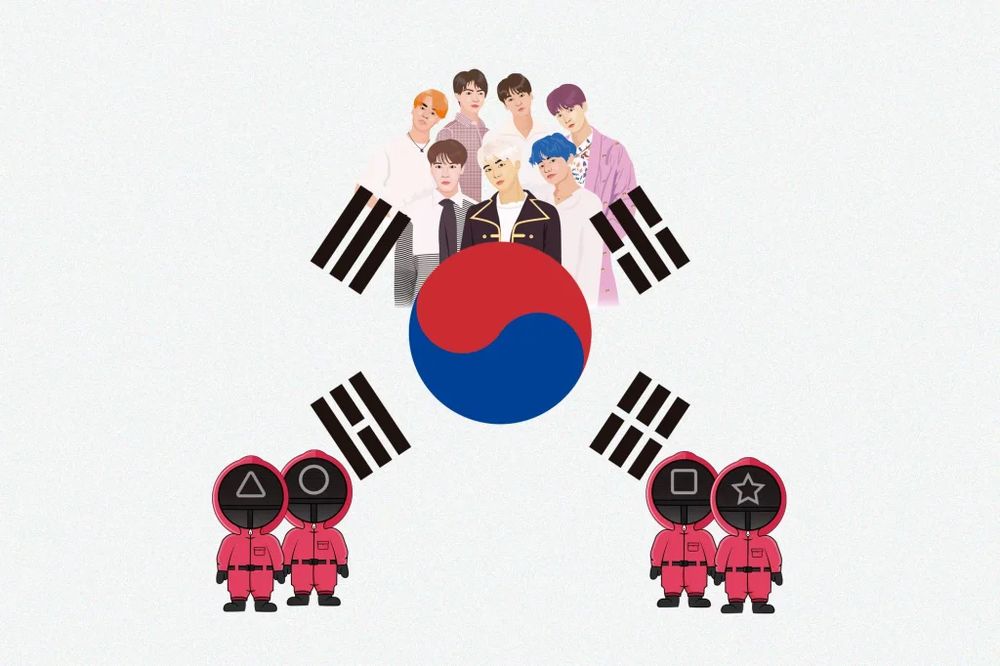
Claudia Schiuma
@claudiaschiu.bsky.social
16 followers
15 following
110 posts
She/her
Italian girl who would like to learn korean✨
Exchange students at 부산대학교 🇰🇷
Love animals, make new friends, anime, manga, one piece, kpop, Pokémon and Genshin🍀
Posts
Media
Videos
Starter Packs
Claudia Schiuma
@claudiaschiu.bsky.social
· Jun 10
Claudia Schiuma
@claudiaschiu.bsky.social
· Jun 10
Claudia Schiuma
@claudiaschiu.bsky.social
· Jun 10
Claudia Schiuma
@claudiaschiu.bsky.social
· Jun 10
Claudia Schiuma
@claudiaschiu.bsky.social
· Jun 10
Claudia Schiuma
@claudiaschiu.bsky.social
· May 29
Claudia Schiuma
@claudiaschiu.bsky.social
· May 29
Claudia Schiuma
@claudiaschiu.bsky.social
· May 29
Claudia Schiuma
@claudiaschiu.bsky.social
· May 29
Claudia Schiuma
@claudiaschiu.bsky.social
· May 27
Claudia Schiuma
@claudiaschiu.bsky.social
· May 27
Claudia Schiuma
@claudiaschiu.bsky.social
· May 27












